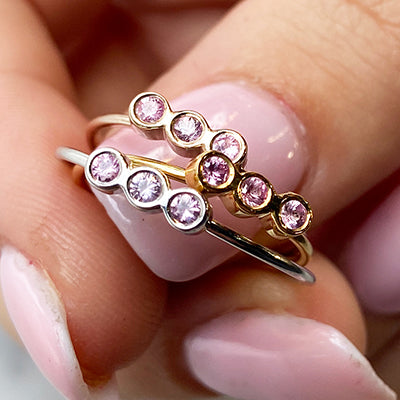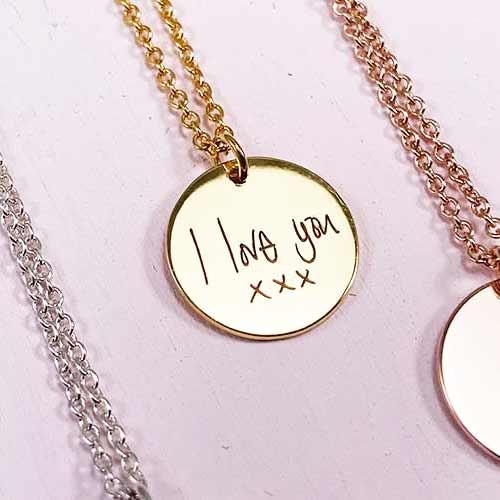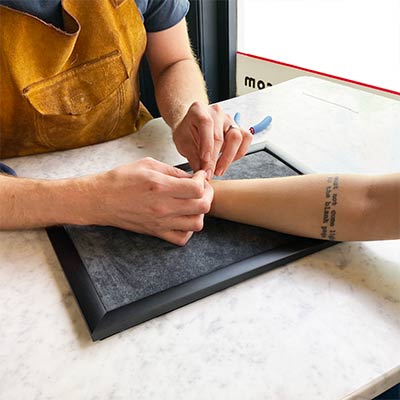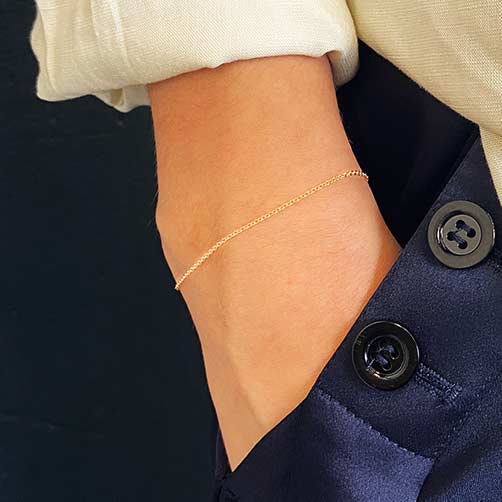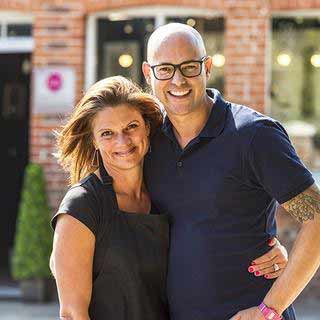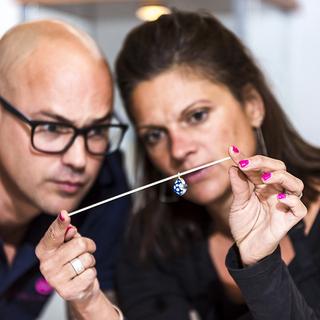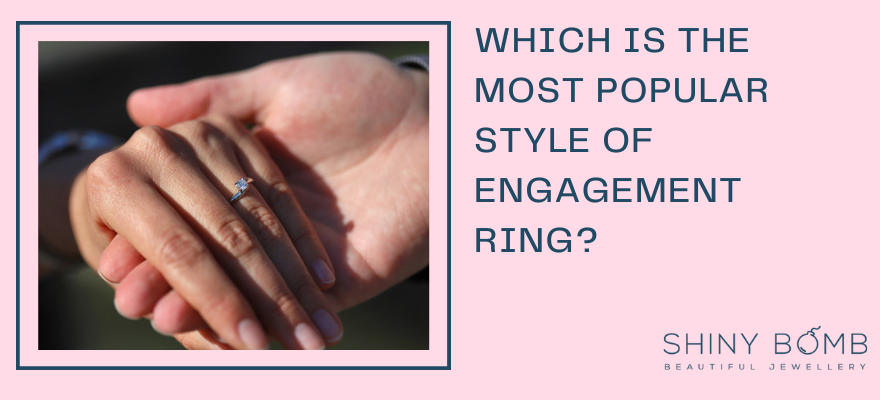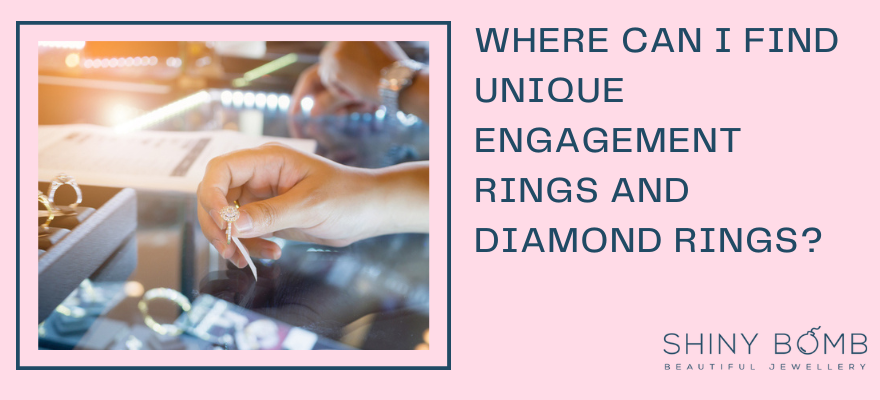 When you’ve taken the time to plan the perfect proposal, you are likely confident that your request will be met with an enthusiastic “yes”. So when a marriage proposal is rejected, it can leave you wondering where it all went wrong.
When you’ve taken the time to plan the perfect proposal, you are likely confident that your request will be met with an enthusiastic “yes”. So when a marriage proposal is rejected, it can leave you wondering where it all went wrong.
Any form of rejection is bad, but when it comes to a marriage proposal rejection, this could turn your world upside down. If your partner doesn’t want to take the next step forward, they could even reject the prospect of continuing your relationship.
If you’ve faced a marriage proposal rejection, you might be wondering what to do next. In this guide, we’ll explore how to handle the situation and how to move forward with your life.
Stay calm
A marriage proposal is nerve-wracking at the best of times, so if the proposal is rejected, you can expect to feel some strong emotions. You might feel anger, embarrassment, guilt, or even shock. No matter what you’re feeling, it’s important to stay calm and collected in the face of rejection.
When you have planned an elaborate engagement proposal idea, it can feel devastating when your plans don’t work out as expected. Remember that your partner is also experiencing some strong emotions and try not to push them to give you an explanation right away. It might take them some time to process what they are feeling.
If you've proposed in a public place, stay calm and remove yourself from the situation. If you've proposed in private, you might need to take a few deep breaths and use calming techniques before you can start talking about the situation. You might suggest to your partner that you both take some time apart before you reconnect and talk about the situation.
Take a step back
Once you are over the initial shock, take a step back from the situation and try to understand why your proposal was rejected. While it might not be easy to hear, there may have been obvious signs that your partner wasn't ready for this step or doesn't see your relationship developing in this way.
Be objective and talk to friends and family about the situation. It could be that you have been idealising the relationship and the signs were there but you were purposefully ignoring them. If the rejection was completely out of the blue and all the signs pointed to them saying yes, then you will need to discuss this with your partner to find out why they said no.
Don't be so quick to judgement. Marriage isn't for everyone and your partner may have had valid reasons for their decision. It will then be down to you to decide if this means the end of your relationship.
Feel your feelings
It’s important to acknowledge and accept your feelings after a rejection. Feelings of sadness, disappointment, or even anger are normal and valid. Don’t be afraid to cry or express yourself in whatever way helps you.
It can also help to talk to someone about your feelings. This could be a close friend or family member, or even a professional. Speaking to a counsellor about your feelings can help you to process them and understand the wider implications of the rejection.
You might process the initial shock with your close friends and family and then turn to a professional for long-term support to help you rebuild. Moving on after a marriage proposal rejection can be more difficult, as you may begin to question your perception of situations and question your partner’s feelings towards you.
Let the ring go
Holding on to the ring will only amplify your pain. Unless the ring is a family heirloom, you shouldn't hang on to it. You wouldn't want to propose with it again and it could become a reminder of the rejection.
You might be able to return it to the seller, or you could have the stones and metal reused to create a piece of jewellery for yourself. This will be a poignant but significant reminder of the event and could help you to remember where the relationship went wrong so that you don't make the same mistakes again.
While it might be painful now, you might be able to look back on the situation with fond memories in the future.
Talk it out
Once you’ve calmed down, it’s time to talk it through with your partner. Even though they may have said no to the proposal, this doesn’t automatically mean that your relationship is over.
You might be able to understand why your partner said no and then decide if this means they no longer want to be in the relationship, or if they just need more time. If your partner is simply against the idea of marriage but you decide to ask anyway, you will need to decide if this is a dealbreaker for you.
If you're able to, it's important to focus on rebuilding the relationship with your partner. A marriage proposal rejection doesn’t mean that the end of a relationship is inevitable – if both parties are willing to work through the issues, you may be able to rebuild it stronger than ever before.
However, rejection can also be a sign that your partner wants out of the relationship. If you want to get married and your partner doesn’t see this in your future together, it’s better to walk away and find someone with similar life goals rather than live with the compromise.
Learn from the experience
Finally, take this opportunity to reflect on what happened and learn from the situation. Ask yourself honest questions about why you think the proposal was unsuccessful, and use them as lessons for the future. This may help you to better understand yourself – and your relationships – in general.
Rejection can feel like an ending, but it can also be an opportunity for a new beginning. Once you have given yourself time to process your feelings, look to the future and start thinking about how you want your story to continue.


